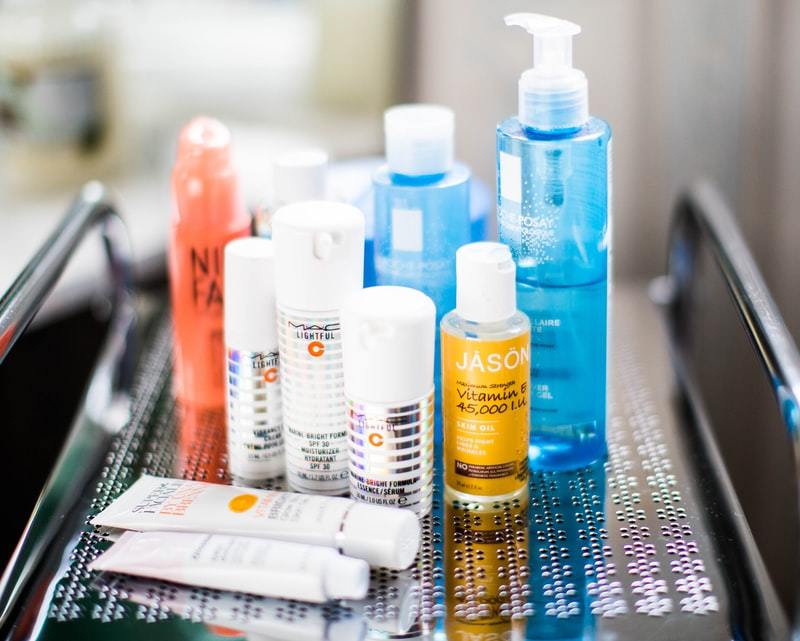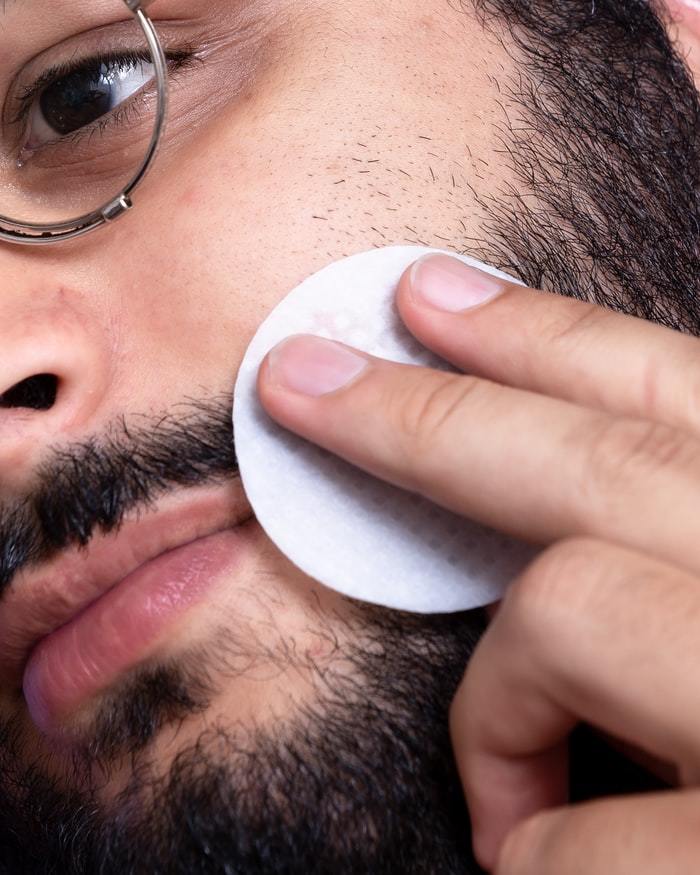
Toners have long suffered the reputation of the product that can help close pores. With skincare content booming in recent years, we have learned so much more about what each product does and what they don’t – and that includes “closing” pores. More importantly, we have learned more about our own skin and realized that skincare products, like toners, should be treated as maintenance rather than a one-stop solution.
Unfortunately, along with the influx of information come overload of products and claims. It can get confusing especially if you are new to skincare or trying to add toner to your routine.
Types of Toners
Are there types of toners you need to be aware of? Let’s check below:
- pH balancing toners
Lactobionic and phosphoric toners are the most popular toner types you can find out there. You will see them in drugstores usually, but some high-end brands have started to house such toners to their product lines as well. Both do not have any hydrating or skin brightening ingredients so they don’t really fall under the toner categories. They are purely a step that helps your toner absorb better into your skin.

- Moisturizing toners
Now toners with hydrating ingredients are toners that you can use everyday. They hydrate skin and soothe inflammation caused by acne, dryness, or environmental stressors. They can be used as a quick fix for your skin to give it some much-needed moisture while you work on your other steps in the routine.
- Brightening toners
Brightening toners contain ingredients such as niacinamide to help brighten skin texture and even out skintone because usually toner is applied after cleansing and exfoliating, which lets the product penetrate deeper into the skin better than many other steps in the routine (except maybe oil cleanser). These toners will also have vitamin C or chemical exfoliants to aid in skin turnover. Those with sensitive skin may need to take caution when it comes to these types of toners.
Frequency of Use
Along with your cleanser and moisturizer, toners join the list of products that you can use every day, twice a day. For those that suffer from dry skin or are constantly working in airconditioned places, toners can also be converted to facial mist to infuse moisture midday.
It is worth noting though that not everyone feels the need to use a toner. If you have no acne and your skin is not too sensitive or reactive, toners might feel like an unnecessary step in the skincare routine.
Also, if you use acid toners or exfoliants regularly, toner may actually cause more harm than good for your skin because toners tend to over-exfoliate after a while. It’s better to use toner sparingly or not at all so that acids can do their work without being overworked.
Toners vs. Essence
Confused by toners and essences? Sometimes toners are referred to in the Western world as tonic lotions or lotions tonics because tonic can refer to medical uses of alcohol. In Asian skincare, toner is basically a catch-all term for hydrating toner, facial mists, or anything that hydrates your skin. Some more popular brands refer to their toners as both essence and toner depending on their marketing strategy but essentially they are all toning products (except pH balancing toners).
Essence may seem like a confusing product when you first start using Asian products but it’s actually less complicated than it seems. Think of it as a step between your cleansing and moisturizing, pretty much your toner. In terms of consistency, essence is a bit heavier than toner but also way more moisturizing.
Basically, the perfect face toner is the one that your skin will love. It may takes some wrong products before finding your perfect toner, and that’s okay.
Last Updated on
- Exhaust fan vs ceiling fan - September 24, 2022
- What is Air Purifier Necklace? - August 30, 2022
- Can You Use an Air Purifier and Fan at the Same Time? - August 28, 2022
